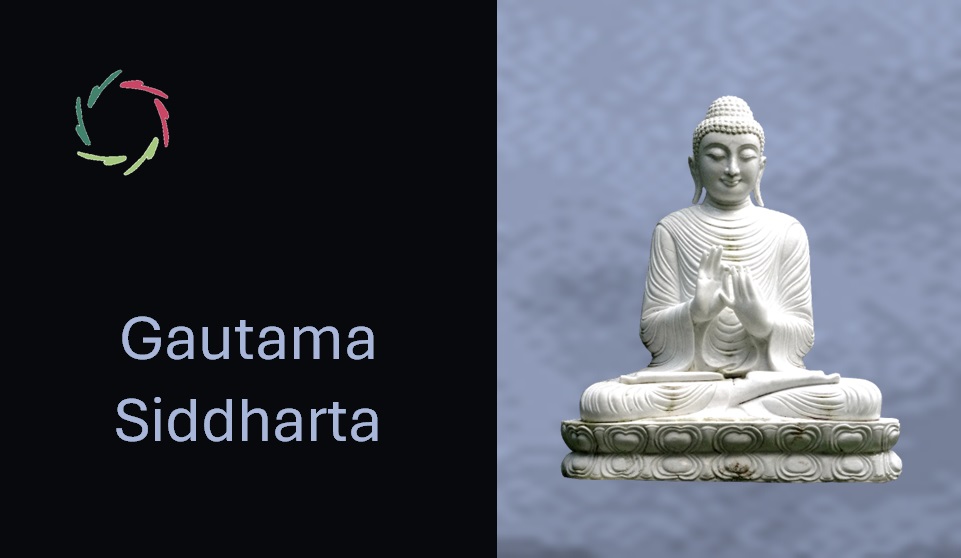Wu Wei in Leadership

Traditionally a characteristic of the idealized Chinese leader, ‘effortless action’ doesn’t always appeal to Western-style leadership. With a twist in-depth, it may appeal to any leadership worldwide.
Hopefully, this contributes to [see: “One Future, One World”]. In any case, recognizable leadership everywhere is a good start.
Open Leadership [see this category on the blog-wiki]
This and the one from the title are profoundly related, ‘Open’ being towards inside the leader’s person and, from here, also entirely to outside. [see: “Open Leadership (Animated Video)”]
In Openness, no conceptual mental content stands in the way of relevant communication. This doesn’t mean at all that the content should not be there ― a crucial difference.
What happens doesn’t do so by itself, but as if by itself. There are no simple steps to mastering this.
Wu wei
There are no simple steps to mastering this. Sounds familiar?
Wu wei is a meditative concept. The ‘emptiness’ in which it is acted out is not nothing, even if it might appear so to someone not familiar with it. [see: “Emptiness!”]
It is effortless at a conscious level. Not necessarily so at a non-conscious, subconceptual level. [see: “About ‘Subconceptual’“] Here, many things may be happening in parallel and harmoniously.
The wu wei leader can transcend the conceptual and be authentic, acting from deeper layers of the mind.
It is not just going with the flow,
but understanding the flow and integrating it in the way forward. This way forward becomes more than ever the Open Leader’s choice ― as a total person, transcending mere-ego. [see: “The Story of Ego”]
This is why worthy things may happen without an overshoot of doing.
This is how a leader may profoundly strive to win without any neediness of winning. [see: “Not the Winning, but the Striving”]
This is how empathy can realistically be put before money. [see: “Empathy Before Money?”]
One bird
Imagine a bird gliding through the sky almost without effort. Yet, the energy comes from somewhere. There is no magic involved. Looking at the happening from a broader view, one can see the help of air movements. The bird doesn’t unavoidably fight with the air.
The bird stands for the leader’s consciousness. The air is everything else: subconceptual mental processing integrated with the environment.
The bird’s eye ‘view of the leader’ fits nicely. The bird has its eyes wide open. It can see from a high altitude by the use of its flight with little effort.
A lot of effort beforehand
Reaching wu wei in leadership takes much effort. However, this is not easy to pinpoint. A mentor is in many cases appropriate to lead to Open Leadership ― pardon, to wu wei. The mentor is more than a passive role model.
Frequently, a leader has a history of being re-born through trying circumstances in youth or later on. Not the circumstances but the way of digesting and integrating their meaningfulness is conducive. It is part of the path. Trying to circumvent the needed efforts, one way or another, makes a lousy leader.
One finds it also in the hero’s path. The hero has to slay the dragon before being worthy of becoming a true leader. You think slaying a dragon is hardly wu wei? Think again. This is a symbolic level.
A lot of effort at the moment or right before
Needed information keeps being needed. This has to be gathered. Right feedback keeps being right. One cannot be ‘trying too hard,’ but one can do so at the wrong moment and in the wrong vein.
The bigger the landscape, the more openness there can be, and the more Openly a leader can see and act. With little standing in the way, the leader can thus act in wu wei.
This can be found as a basic principle in the entire AURELIS project.


